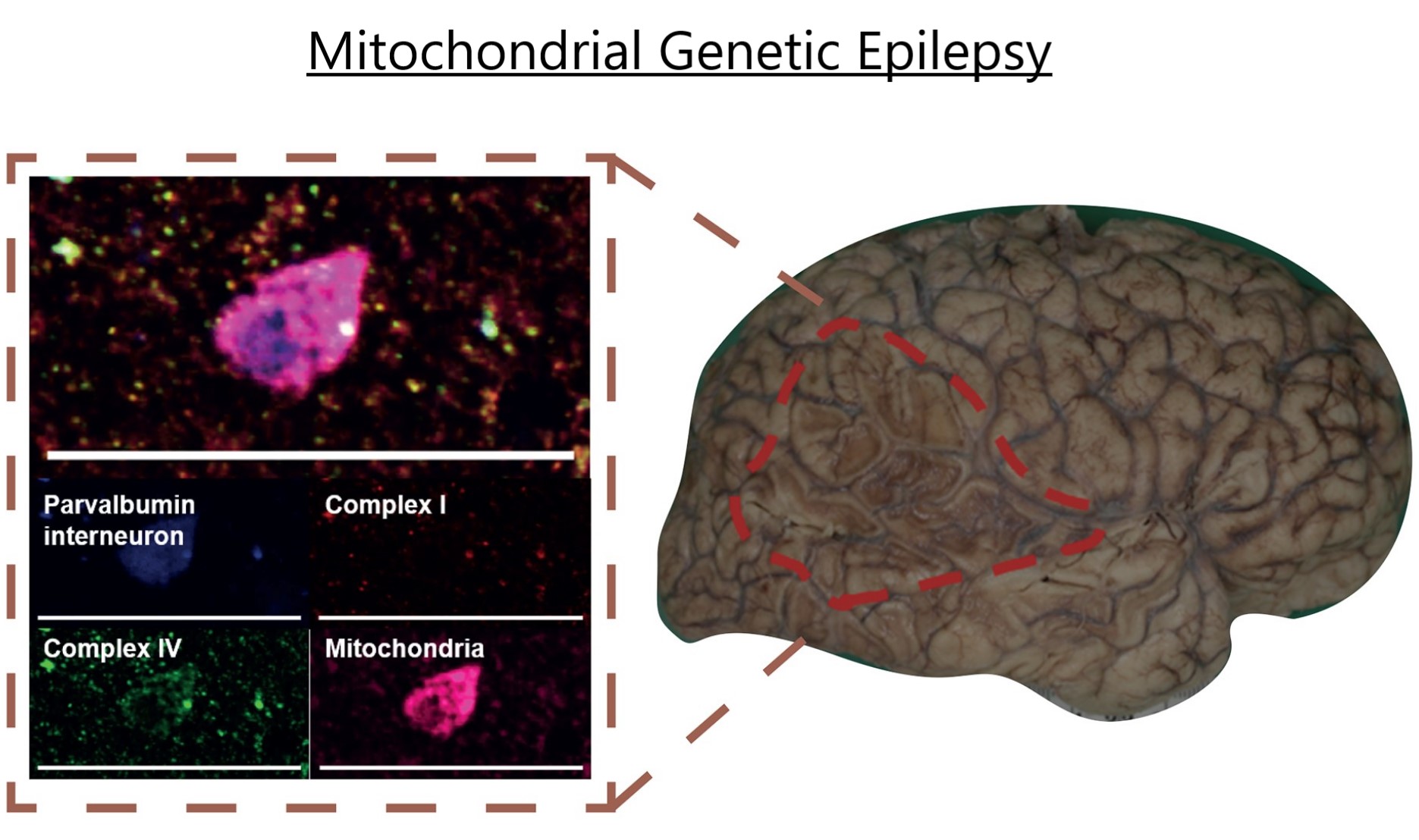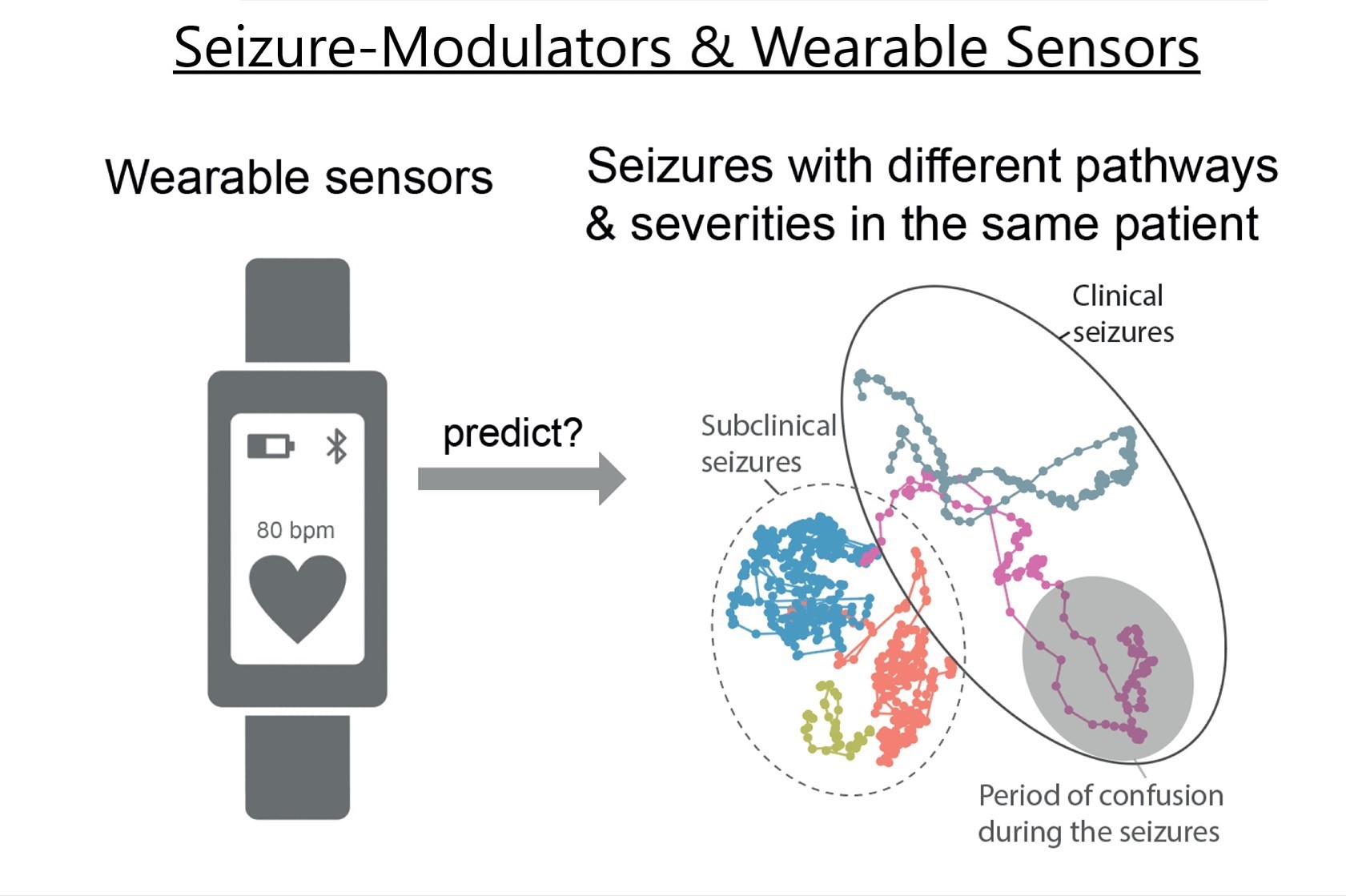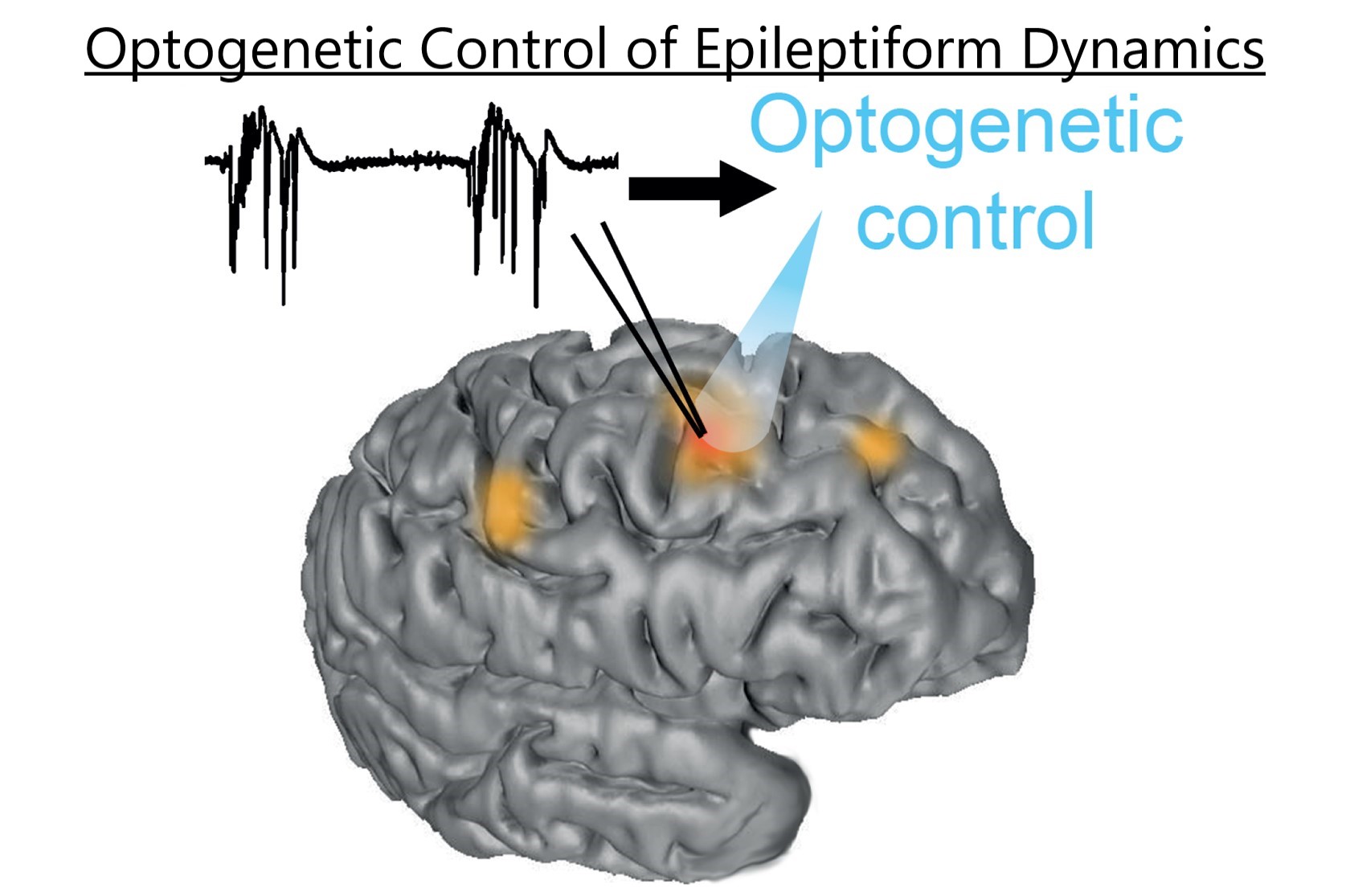ERUK PhD



Projects
2. Mapping variations in seizure susceptibility across the brain to identify seizure highways and hubs
3. Capturing markers of seizure-modulation using long-term EEG and wearable sensors
4. Intracellular chloride and acidotic states influencing seizure activity
5. Optogenetic control of chronic epilepsy, using brain-machine interfaces
6. The impact on gut microbiome of anti-seizure medicines
7. Computer models to predict brain stimulation response in epilepsy
8. Multi-scale effects of histamine in epilepsy: bridging neurons, synapses and network activity
9. Modelling monogenic epilepsy in human brain slice culture
How To Apply
To apply for all projects email epilepsy.research@newcastle.ac.uk, stating which project number(s) you are applying for in the Subject line of the email, with the following:
- A completed application form;
- Your CV (including contact details for at least two academic (or other relevant) referees);
- A covering letter – clearly stating your first-choice project, and optionally 2nd and 3rd ranked projects, as well as including whatever additional information you feel is pertinent to your application; you may wish to indicate, for example, why you are particularly interested in the selected project(s);
- Your relevant undergraduate degree transcripts and certificate copies;
- A copy of your passport (photo page);
- Your English language certificate (IELTS or TOEFL certificate, where applicable).
Format of Document Submission
Please submit your documents in the following format only:
- Each document should be submitted as a separate attachment and should be named as follows: [candidate surname, candidate name – [document]]. For example: Jones, Jamie – CV; Jones, Jamie – cover letter; Jones, Jamie – BSc transcript.
- Please submit .pdf documents where possible for your CV, cover letter, transcripts and certificates. Do not submit photos of certificates.
- Do not combine documents into one pdf. You may zip separate documents into a zip file to send via email if required.
- Please only send the Application Details Form as a Word document (not pdf), named as follows: (Application Details Form – [surname, name]).
Applications not meeting these criteria may be rejected.
Acknowledgement – you will receive an autoreply to your submission which is your receipt of application. If we require any further information for your application, we will be in touch.
Funding Notes
PhD studentships are funded by Epilepsy Research UK (ERUK) for 3 years. Funding will cover tuition fees at the UK rate only, a Research Training and Support Grant and stipend. Applications are welcomed from students in all countries, although students from outside the UK will be required to pay full international fees. International students may be eligible for financial support to cover some or all of these fees.
Key Dates
The deadline for submission of your full application is Thursday 31st March 2022.
Interviews are to be held in early April, date to be confirmed.
FAQs
Please click here for our FAQs guide.


